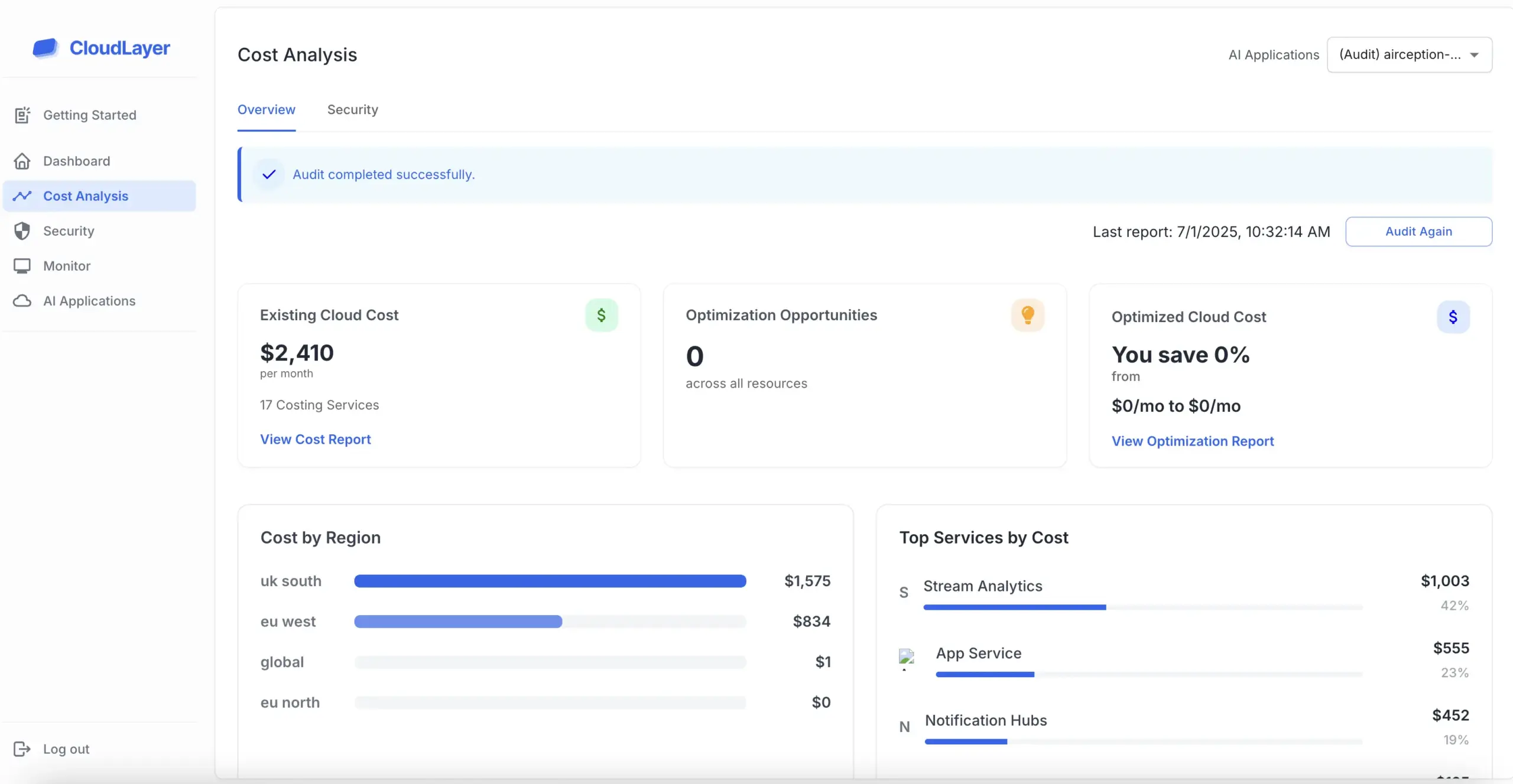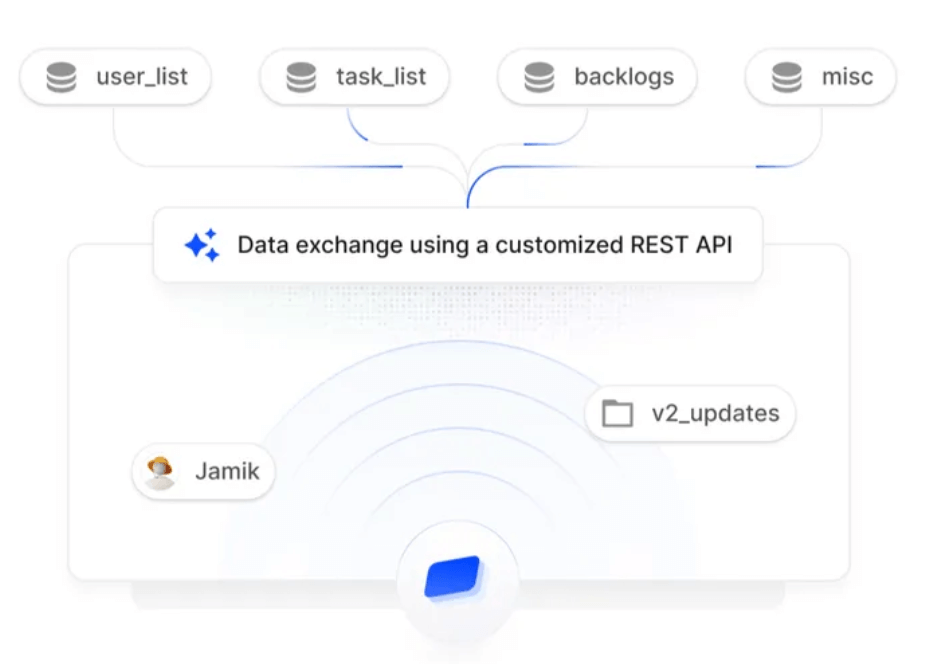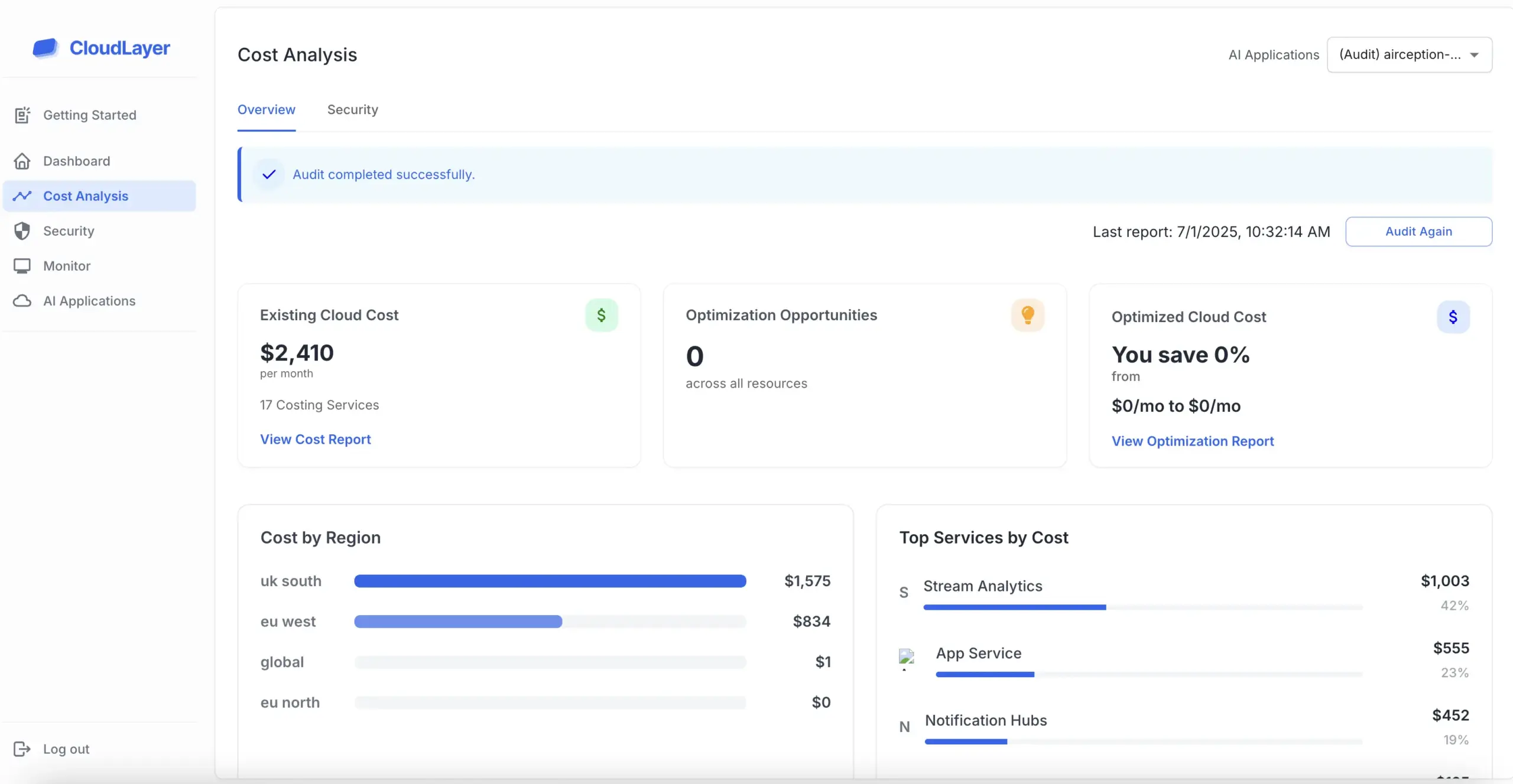

Azure Functions is a serverless compute service provided by Microsoft Azure that enables users to run small pieces of code, known as functions, in response to events. This model allows developers to focus solely on writing code without worrying about the underlying infrastructure, leading to greater agility and productivity. Functions can be triggered by various events, such as HTTP requests, timers, or messages from other Azure services.

One of the most compelling aspects of Azure Functions is its serverless architecture, which automatically scales based on demand. This means that developers only pay for the compute resources they use, making it a cost-effective solution. Additionally, Azure Functions supports multiple programming languages and offers a rich set of integrations with various Azure services, enhancing its flexibility and usability.

Using Azure Functions offers numerous benefits, such as reduced operational overhead and improved development speed. Since developers do not need to manage servers, they can focus on writing high-quality code that delivers value to users. Furthermore, the pay-as-you-go pricing model allows organizations to optimize their cloud spending, aligning costs with actual usage.

Azure Functions can be applied to various scenarios, including real-time data processing, automated workflows, and building APIs. For instance, businesses can utilize Azure Functions to process data streams from IoT devices, trigger notifications based on specific conditions, or create microservices that respond to HTTP requests. The versatility of Azure Functions enables organizations to innovate and adapt rapidly.

Start using CloudLayer and experience a new level of efficiency.
